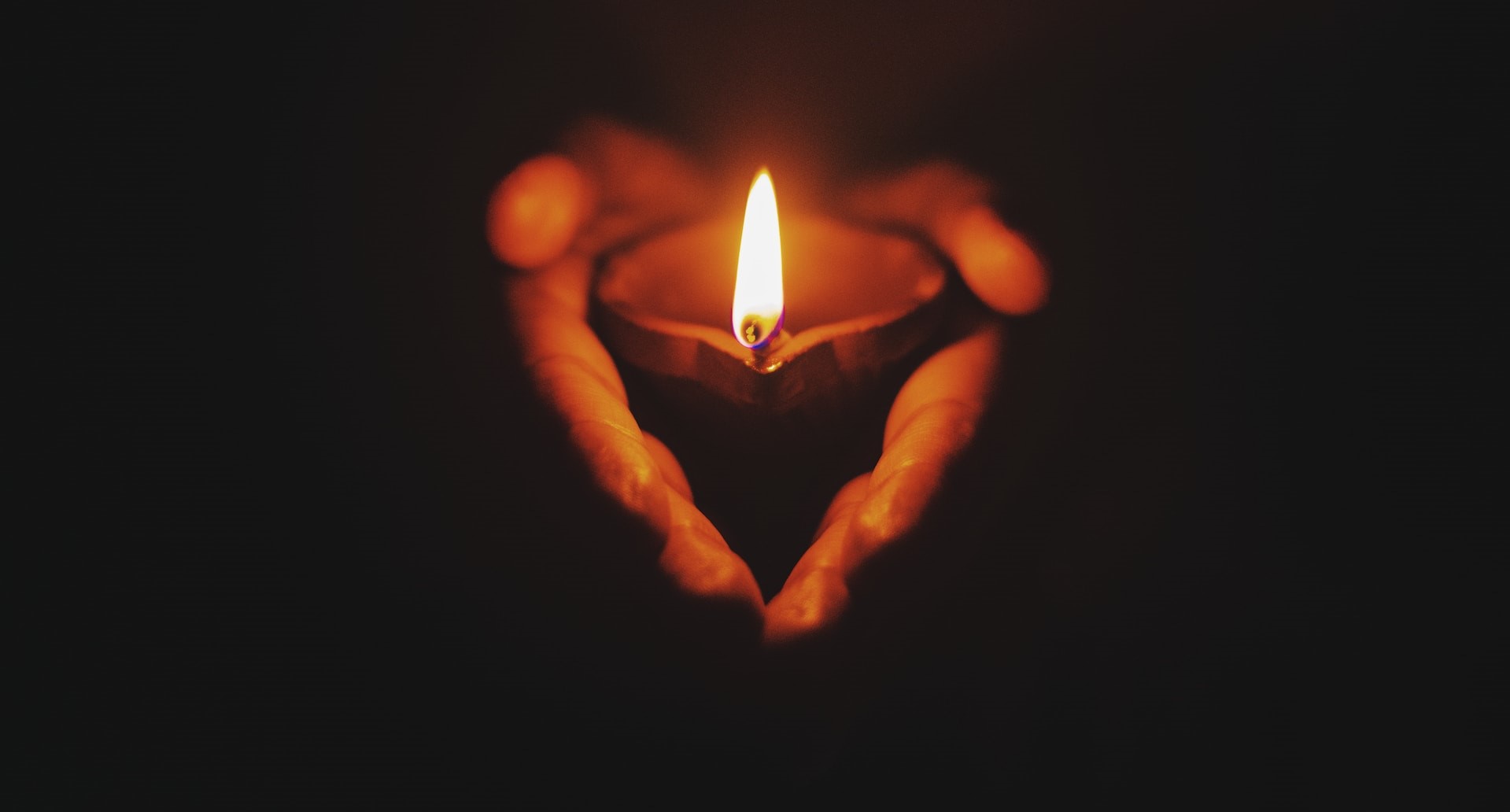Find out about The Open University's Health and Social Care courses and qualifications.
Currently in the UK, 13 families a day suffer the heartbreak of losing their baby before, during or shortly after birth. That’s around 4,500 babies a year. And an estimated 1 in 4 pregnancies ends in miscarriage (Sands, 2023). Yet, while this number reveals the scale of the problem, much less is known about some of the ways bereaved fathers find support after such a devastating loss.
Dr Kerry Jones, Dr Martin Robb, and Dr Sam Murphy have been exploring men’s experiences of belonging to a Sands United football team by interviewing members of the team.
About Sands United
The original Sands United, an amateur football team, was founded by a bereaved father shortly after his baby died in 2017. Since then, other bereaved fathers have gone on to form Sands United football teams across the UK in memory of their babies.
Having been introduced to Sands (the stillbirth and neonatal death society) with his partner, the couple attended the charity’s events and met other parents who had been through similar experiences. Since then, the number of Sands United teams across the UK has grown significantly, with men impacted by the loss of a baby joining the teams to support others as well as be supported themselves. The teams meet regularly to play football and, in so doing, increase awareness and raise funds for the charity.
Belonging to a community
It’s not a team that any parent would hope to join. But bereaved fathers joining the Sands United team find a valuable community among others who have gone through a similar experience and understand the impact of their loss.
In the research, the Sands United team was often described as a close-knit one. Training nights, charity match games, and social media groups allowed players to share their experiences. They had support from professional football teams who provided the use of changing rooms and enabled the Sands logo to be displayed – this reinforced a sense of community for the men. Despite the competitiveness of football, for these fathers it wasn’t about the winning.
Remembering the baby
 The Sands United teams have
been described by the fathers in this study as somewhere to get support when
you are having a bad day, and a place to be listened to when few others are
willing to do so. Getting together for charity matches is also a way to
remember the baby. Several fathers spoke with immense pride of going onto the
pitch, observing a minute’s silence and then playing the match in a shirt with
their baby’s name on it.
The Sands United teams have
been described by the fathers in this study as somewhere to get support when
you are having a bad day, and a place to be listened to when few others are
willing to do so. Getting together for charity matches is also a way to
remember the baby. Several fathers spoke with immense pride of going onto the
pitch, observing a minute’s silence and then playing the match in a shirt with
their baby’s name on it.
As one father stated, the underlying message in the changing room was:
“Despite getting smashed the last three games, I can’t wait to play with you guys again, I’m so proud to walk on a pitch with you, do our angels proud, and support other people.”
Most fathers reported that people outside the football team rarely talk about the baby, or close down conversations as they are too uncomfortable. This means significant days such as birthdays or the day the baby died can be forgotten by others. Charitable matches are therefore one way in which to remember a baby. As one father said:
“We step on the pitch together; I should say before every game we have a minute’s silence where we all gather around the centre circle with the opposing team, and we have a minute’s silence just in memory of our kids. And it’s just the most heart-warming, it’s energising, it’s exhausting, it’s all things at once, but it’s something that I didn’t have 10 years ago and I’m grasping it with both hands.”
We can’t play with them, but we can play for them
Once a baby dies, the expectation is that parents will ‘move on’ and ‘get over’ their loss and even be encouraged to ‘have another one [child].’ Such sentiments, though at times meant well, can be debilitating for many parents since the expectation is that all ties to a baby are severed. For many parents, including fathers in this study, the physical absence of the baby did not mean they were not part of their family’s history. Indeed, many men suggested that while they could not do many of the things a parent might do such as play football with their child as they grew, it still meant they could play for them.
What’s next?
Thanks to the fathers who participated in this study, we were able to gather a significant amount of data from interviews about their experiences of grief following perinatal death, as well as what belonging to a Sands United team has meant to them.
As a research team, we have been able to talk about the findings and the importance of creating and facilitating spaces like the football teams have done. We have shared these findings at key conferences which focus on grief, loss, and bereavement.
We also plan to publish a chapter in a forthcoming book based on men and loss, edited by Kerry Jones and Martin Robb. The book is due to be published by Routledge in 2024.
In the meantime, we aim to publish further in professional and academic journals and to continue to collaborate with other researchers to develop further research on men’s experiences of grief.
Acknowledgements
Funding: This study was supported by the Open University internal WELS research and development funds.




Rate and Review
Rate this article
Review this article
Log into OpenLearn to leave reviews and join in the conversation.
Article reviews